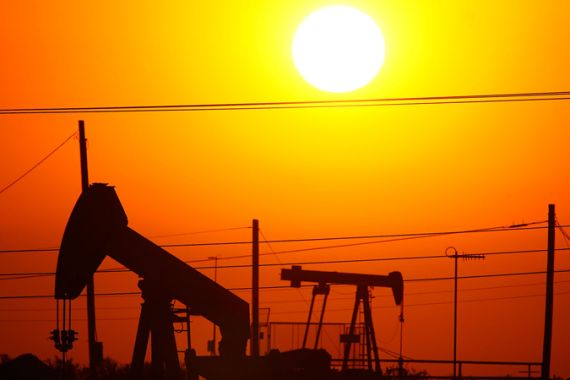
Is oil the future of energy?
As the World Petroleum Congress gets underway in Qatar, we ask if there is enough oil to meet global demand.
For the first time in its history, the Middle East is hosting the World Petroleum Congress. The 5,000 participants gathered in the Qatari capital, Doha, will be talking about the most pressing issues facing the energy sector today.
The last congress was held in Madrid in 2008, and much has changed since then.
Keep reading
list of 4 itemsAfter the Hurricane
World’s coral reefs face global bleaching crisis
Why is Germany maintaining economic ties with China?
With the Middle East undergoing a wave of political upheaval, the emir of Qatar was quick to reassure the world’s biggest consumers that energy supplies will continue to flow.
So, are we stuck with high energy prices? And will there be enough to meet global demand years from now?
Inside Story, with presenter Hazem Sika, discusses with guests: Ibrahim Ibrahim, an economic advisor to the emir of Qatar; Jon Clark, an oil and gas analyst for Ernst & Young; and Saadallah al-Fathi, an energy analyst and former head of the energy studies department at the Organization of the Petroleum Exporting Countries (OPEC).
|
“The price of energy has gone up certainly in the last few years [and] whether this is the right price or not is very difficult to talk about. What we have to worry about is [that] the price of energy should not affect the economic growth of the world and should not affect developing countries. When we talk about developing countries, especially the poor countries, the real issue is not energy on its own but all the development process.” Ibrahim Ibrahim, an economic advisor to the emir of Qatar |